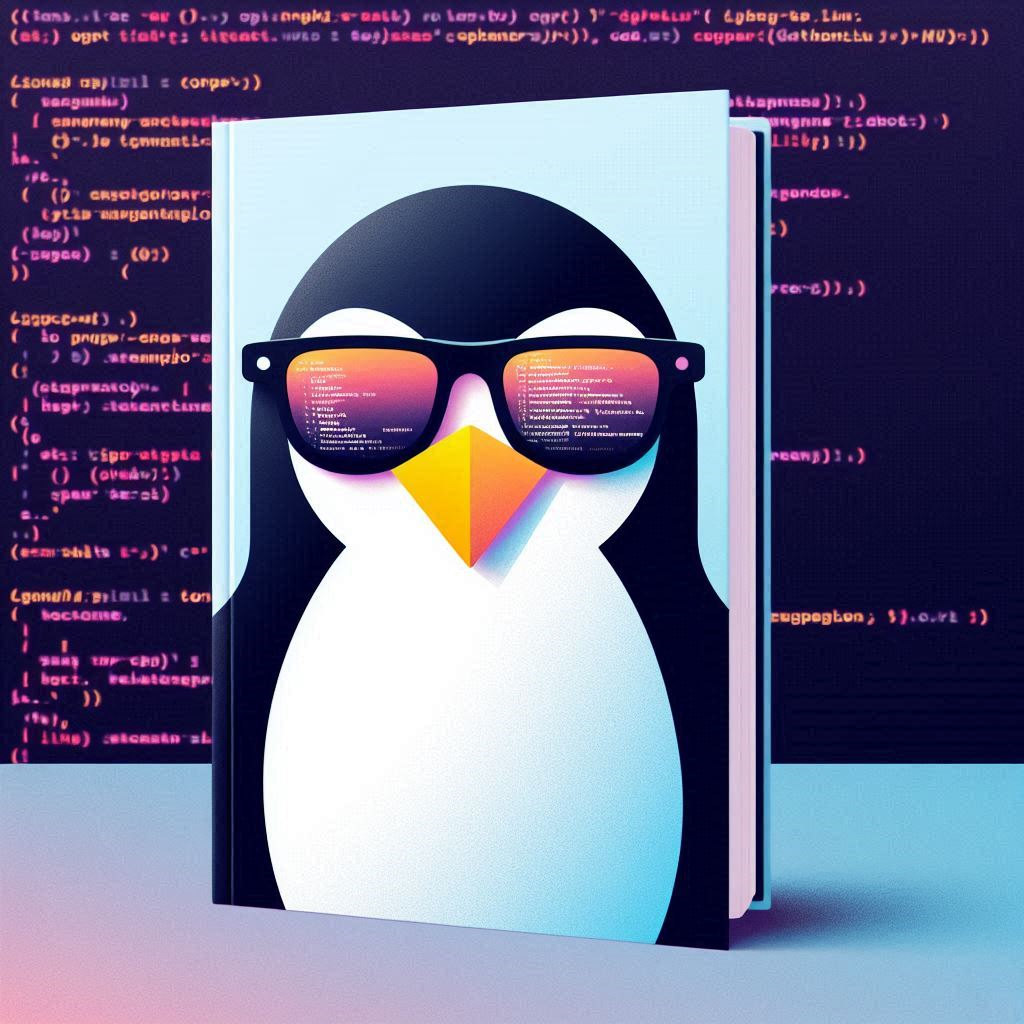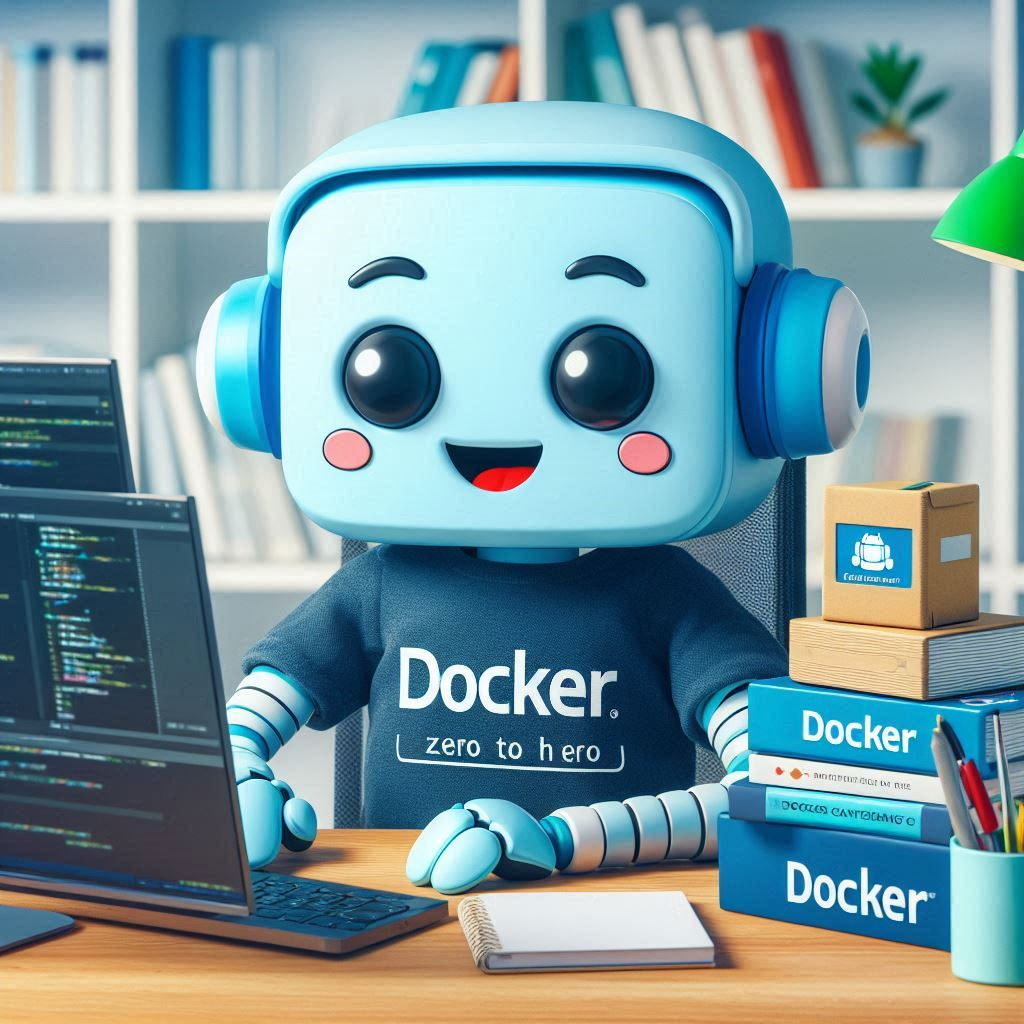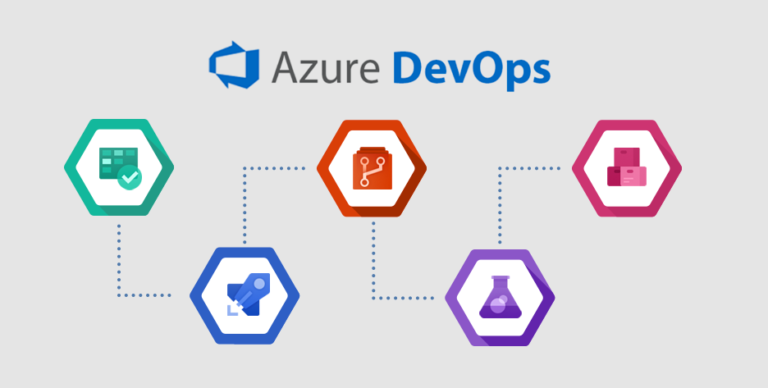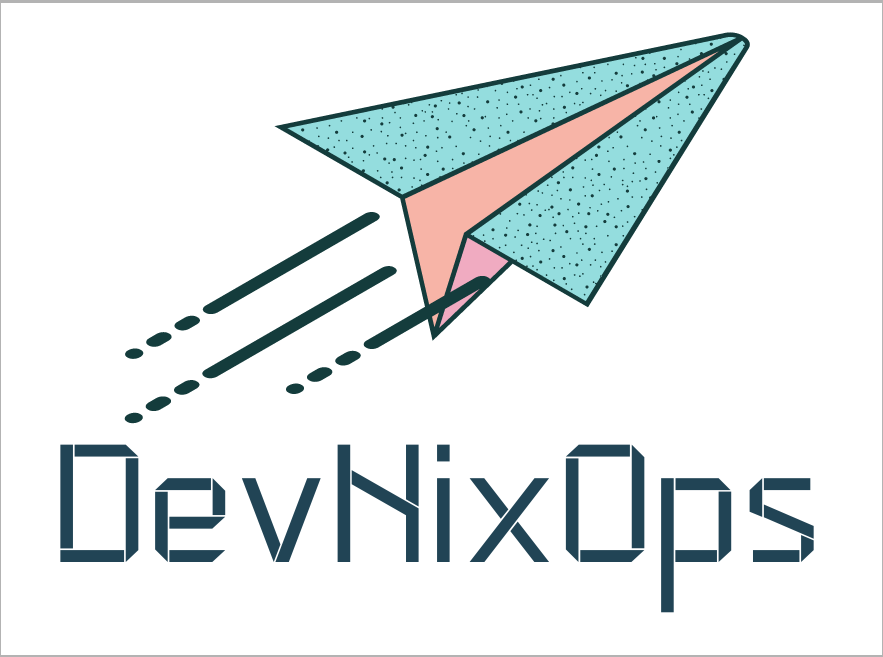Live Online DevOps Training
Our Online DevOps Instructor-led Training is designed to help you master the essential tools and practices needed to excel in modern IT environments. Delivered by experienced instructors, this hands-on course dives into key DevOps topics such as CI/CD pipelines, containerization with Docker and Kubernetes, infrastructure as code with Terraform, and configuration management with Ansible. Perfect for both beginners and professionals looking to advance their skills, our training provides real-world scenarios, interactive Q&A sessions, and practical exercises to ensure you’re ready to tackle any DevOps challenge. Join us and fast-track your career in DevOps!
DevOps Course Syllabus

Setup AWS LightSail for EC2

Linux Essentials for DevOps

Introduction to DevOps

Docker Mastery: From Zero to Hero

Demystifying Cloud Computing

Git Essentials

Jenkins Simplified: Mastering CI/CD

Kubernetes Essentials

DevOps Tools – Ansible, Helm, Terraform

Modern Observability for DevOps and SREs

Python for DevOps

Azure DevOps
- Basic Linux Networking
- Connecting to Linux Machine
- Cron for Scheduling Jobs
- Essential Utilities in Linux
- Flow Control in Shell Programming
- Linux Package Management
- Linux Text Handling Utilities
- Linux vi Editor
- Linux File Permissions
- Linux Filesystem Hierarchy
- Mastering Basic Shell Commands in Linux
- Monitoring Linux System
- Shell Command History
- Shell Programming Concepts
- SSH Key Management
- DevOps vs DevSecOps
- Agile Methodology vs Waterfall
- From Developer to DevOps Engineer
- SDLC: A Crucial Framework for DevOps Engineers
- Software Development – A Layman’s Example
- Transitioning from System Administrator to DevOps Engineer
- Benefits of Using Docker
- Docker Architecture
- History and Evolution of Containers
- Monolith vs Microservices Software Design
- Understanding Containerization
- Docker Installation and Setup
- Running Containers as a Non-Root User
- Understanding Docker Images and Dockerfile
- Data Persistence with Volumes
- Networking in Docker
- Cloud Computing Overview
- Understanding Cloud Computing
- Behind the Cloud
- Comparison of IaaS, PaaS, and SaaS
- Understanding Public, Private, Cloud, and Hybrid Cloud
- Git in Layman’s Terms
- Introduction to Git and Version Control
- Git vs GitHub
- Installing Git on Windows, MacOS, Linux
- Configuring Git and Configuration Levels
- Working with Local Git Repositories
- Working with Remote Repositories
- Git and IDE Integration
- Git Best Practices and Branching Techniques
- What is a Git Repository Fork?
- Introduction to Jenkins
- Setting Up Jenkins
- Jenkins – Creating Your First Job
- Jenkins Plugins
- Jenkins and Version Control Systems
- Continuous Integration with Jenkins
- Introduction to Spring Boot: Simplifying Java Application Development
- Efficiently Duplicating Jenkins Jobs
- Continuous Delivery and Deployment
- Introduction to Kubernetes
- Kubernetes Architecture Explained: Mastering the Core Components
- Kubernetes Variants for Learning & Production Deployments
- Setting Up Kubernetes – Minikube
- YAML Basics
- Understanding Kubernetes Objects
- Kubernetes Networking
- Kubernetes – Service Discovery
- Kubernetes – Users, Service Accounts, RBAC
- Monitoring Kubernetes with Metrics Server
- Kubectl Cheat Sheet
- Overview of Helm
- Working with Helm Charts and Repositories
- Creating Your Own Helm Chart
- Introduction to Ansible
- Ansible Playbooks, Modules, and Inventories
- Automating Infrastructure Configuration with Ansible
- Introduction to Terraform
- Writing Terraform Configuration Files
- Terraform Providers and State Management
- Choosing the Right Tool for the Job
- What is Observability?
- Importance of Observability in Microservices & Cloud Environments
- What are Logs? Structure and Best Practices
- Metrics: Types and Use Cases
- Distributed Tracing: Basics and Examples of Traces
- ELK Stack: Elasticsearch, Logstash, and Kibana
- Fluentd: Unified Logging Layer
- Loki: A Prometheus-Inspired Logging System
- Getting Started with Python for DevOps
- Automating Basic Tasks with Python
- Working with APIs and JSON
- Configuration File Management
- Introduction to Azure DevOps
- Draw.io to Create Architecture Diagrams
- Excalidraw New Age Diagrams
- Online Syntax Validator – JSON/YAML
- AI in DevOps
Upcoming batch availabilities
Kickstart your DevOps journey with our flexible training options! Choose from two tailored batches to suit your schedule. Whether you prefer focused daily sessions or immersive weekend learning, our expert-led training has you covered. Enroll now to secure your spot!
Weekday Batch
8PM to 9PM IST [ Mon-Fri ]
10
available slots
Weekend Batch
3PM to 6PM IST [ Sat-Sun ]
0
available slots
Start a Quick Chat on WhatsApp to know the course fees
We have included all the essential details regarding the course, including upcoming batches, schedules, and fees. If you have any further questions, please don’t hesitate to contact us.


Need further assistance?
Have a quick whatsapp chat to get more information.